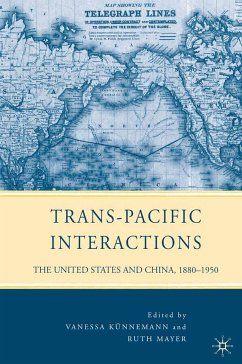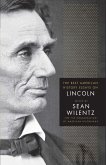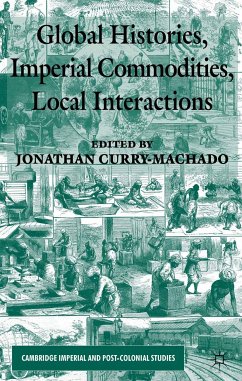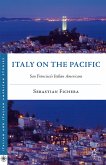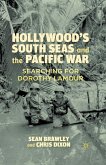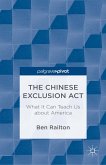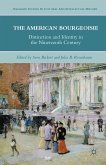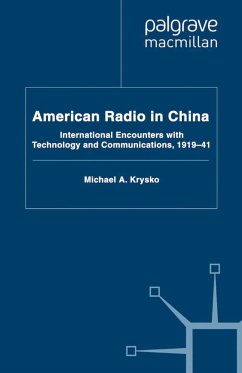Dieser Download kann aus rechtlichen Gründen nur mit Rechnungsadresse in A, B, BG, CY, CZ, D, DK, EW, E, FIN, F, GR, HR, H, IRL, I, LT, L, LR, M, NL, PL, P, R, S, SLO, SK ausgeliefert werden.
"This collection complicates our picture of U.S. history by demonstrating the ways in which transnational interactions shaped the dynamics of a society that was influenced by, and defined itself through/against, the trans-Pacific flows of ideas, goods, and people. In this way, Trans-Pacific Interactions fits well into a scholarly debate that attempts to transnationalize U.S. history." - Sebastian Conrad, European University Institute, Florence
"Trans-Pacific Interactions reminds us the best scholarship restlessly probes and reframes, defying static fields, separations, and national borders. Chinese studies has never been strictly Chinese, American studies never simply Euro-American, and Chinese-American studies never just of an ethnic group. This is an excellent,forward-thinking colloquy of top scholars contextualized wonderfully by our German colleagues Mayer and Künnemann." - John Kuo Wei Tchen, New York University and Museum of Chinese in America

